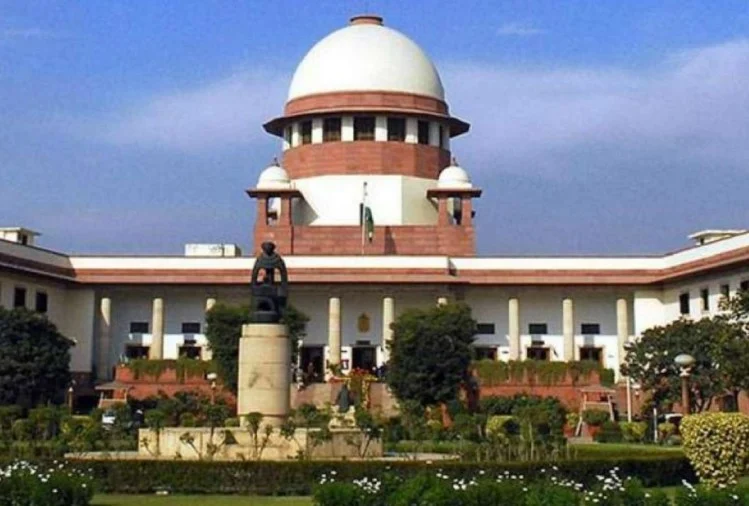Atal Pension Yojana: Finance Minister Nirmala Sitharaman is set to present the first budget of the Modi government’s third term on July 23. With diverse expectations from various sectors of society, including the salaried class, farmers, traders, and pensioners, significant changes are anticipated.
Potential Increase in Atal Pension Yojana Benefits
Sources indicate that the government is considering doubling the minimum guarantee amount under its flagship social security scheme, the Atal Pension Yojana (APY), to Rs 10,000 in the upcoming budget. This move aims to enhance financial security for subscribers of the scheme.
Understanding Atal Pension Yojana
The Atal Pension Yojana (APY) was launched by the Pension Fund Regulatory and Development Authority (PFRDA) in the 2015-16 fiscal year. It is linked to the National Pension System (NPS) and provides a guaranteed minimum pension to subscribers upon reaching the age of 60. In cases of death or serious illness, 100% of the money deposited can be withdrawn, and the pension continues based on the deposited amount. However, the scheme is not available to individuals who pay income tax.
As the budget presentation approaches, various groups are hopeful for policies that cater to their specific needs. The potential increase in the minimum guarantee under the APY is seen as a positive step towards enhancing social security for the economically weaker sections.
Farmers are looking for better support mechanisms, traders are hoping for policies that ease business operations, and pensioners are expecting increased benefits. The salaried class is anticipating tax relief measures and other financial benefits to improve their standard of living.
The upcoming budget is expected to address these diverse expectations with comprehensive policies aimed at fostering growth, security, and welfare across different sectors of the economy. With the potential increase in APY benefits, the government aims to strengthen the financial safety net for the underprivileged, reinforcing its commitment to social security and economic stability.










